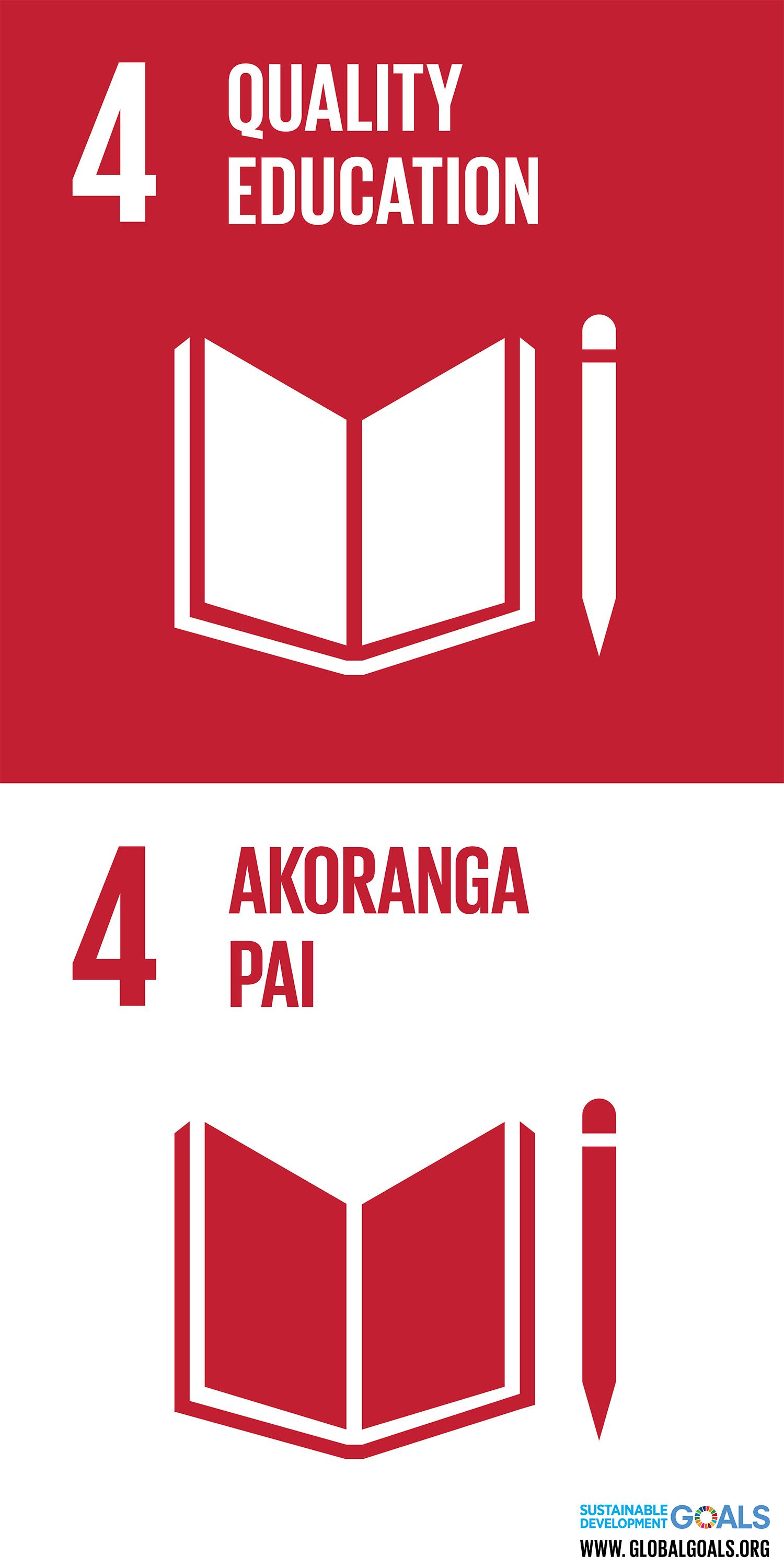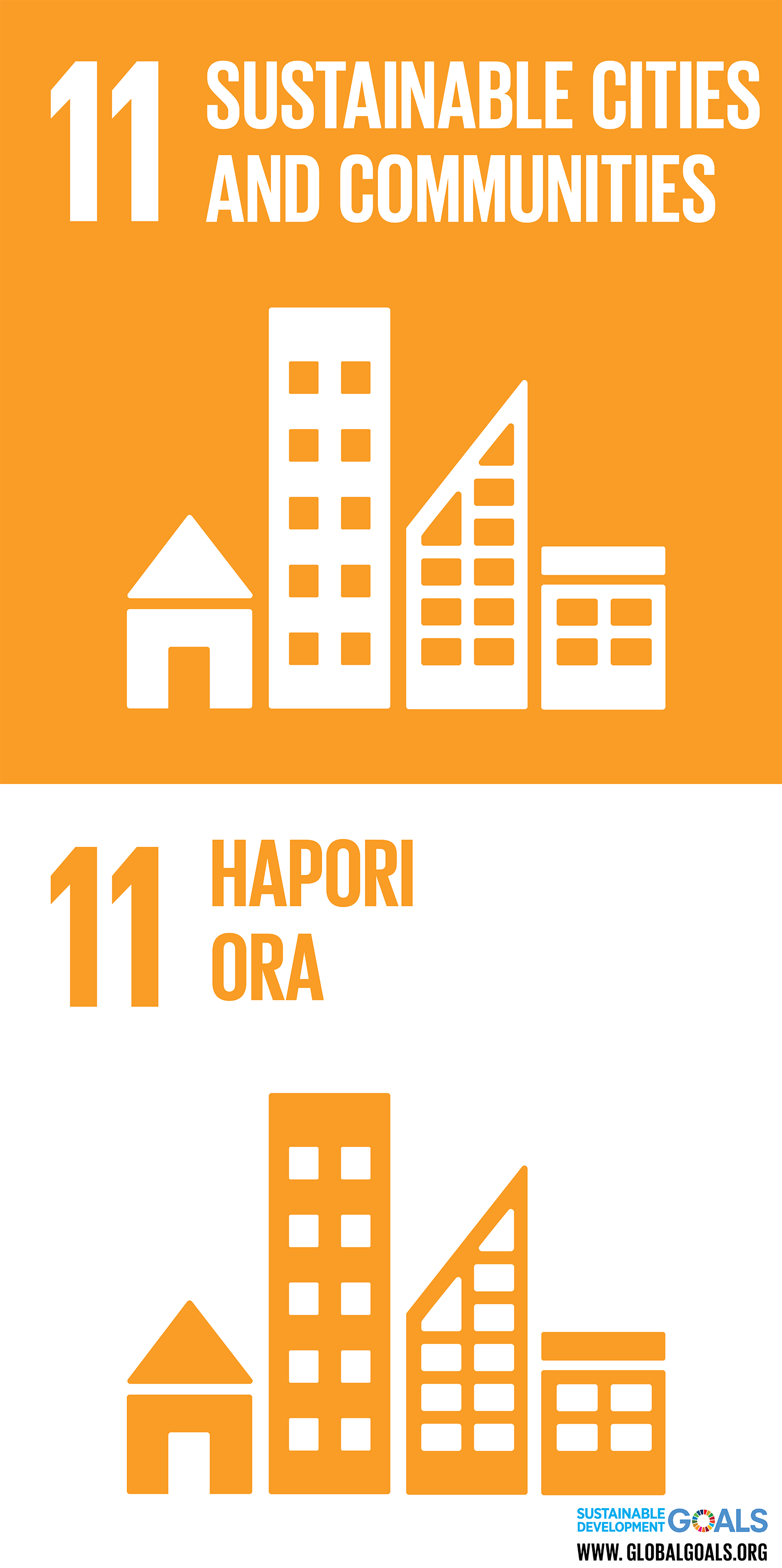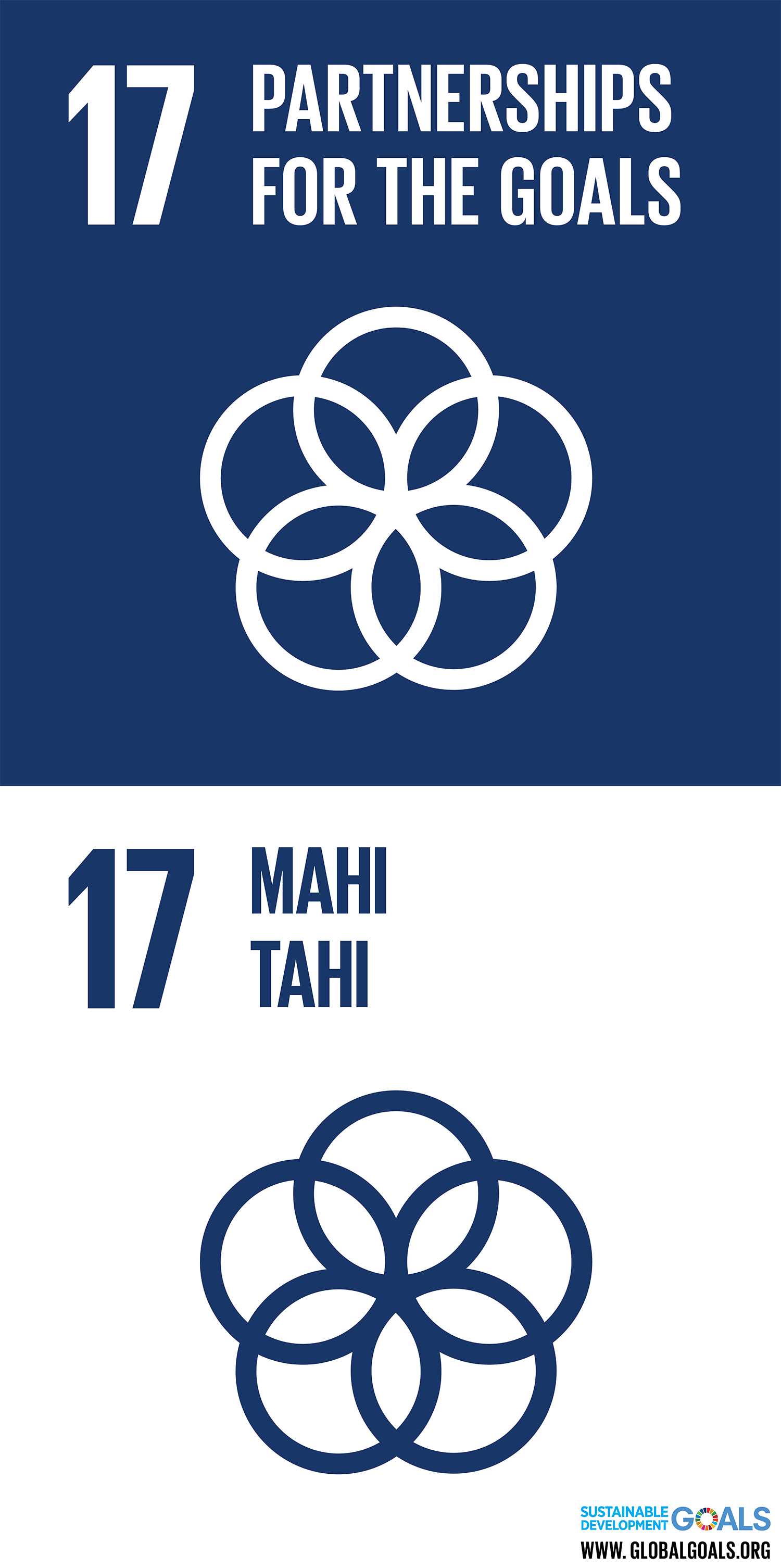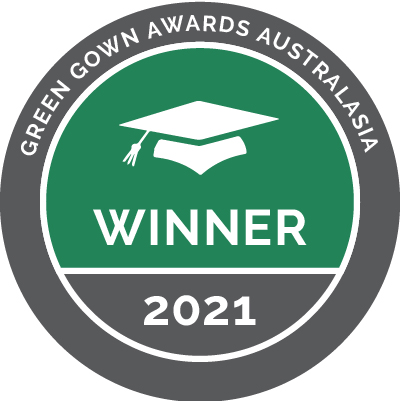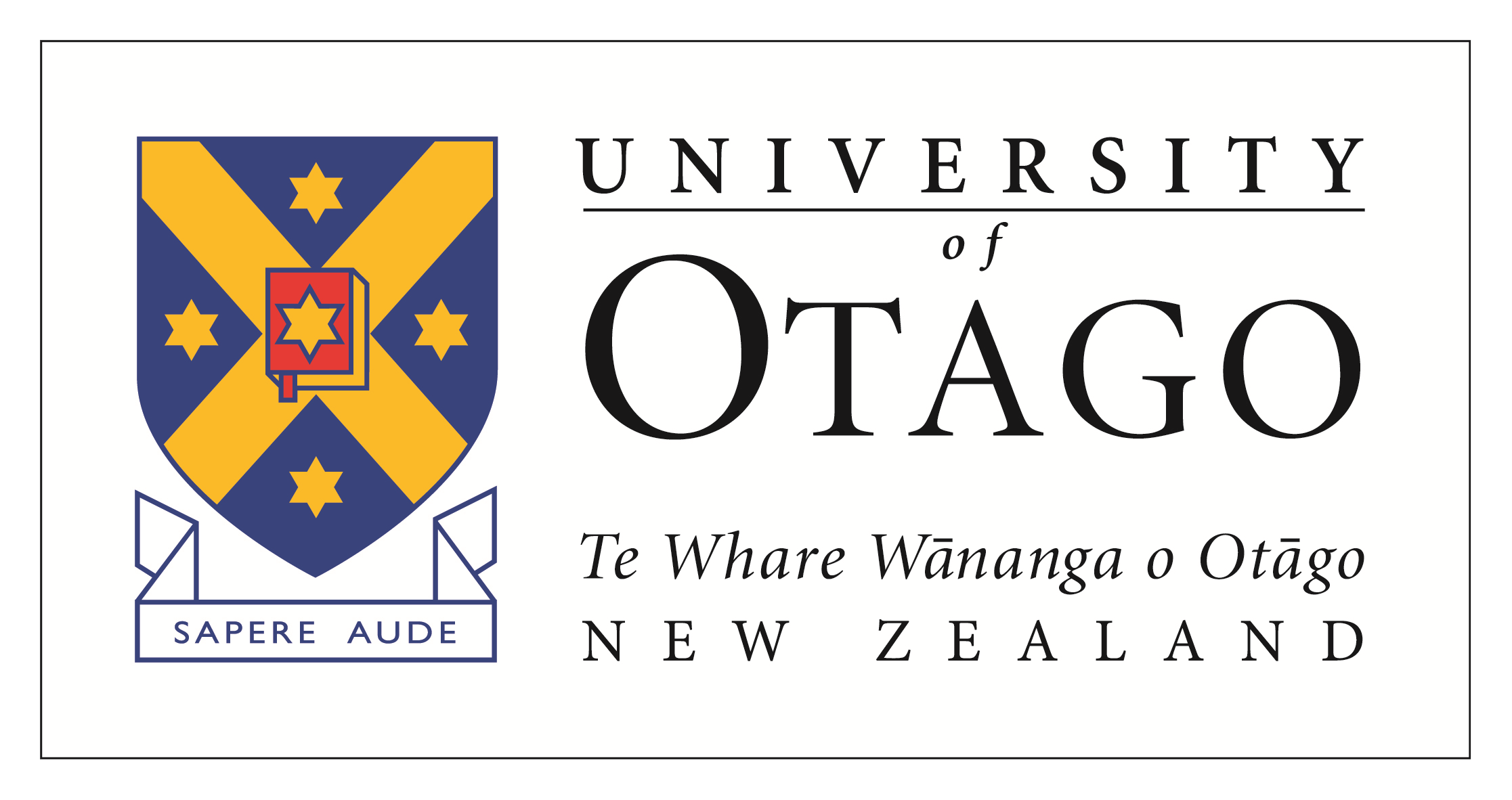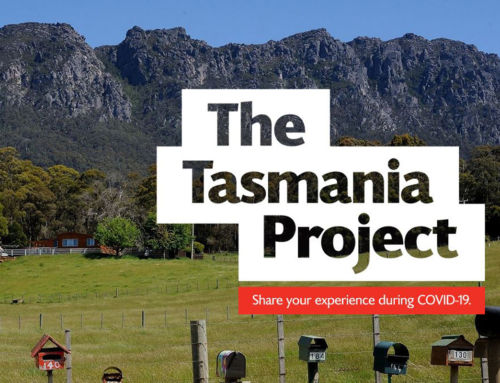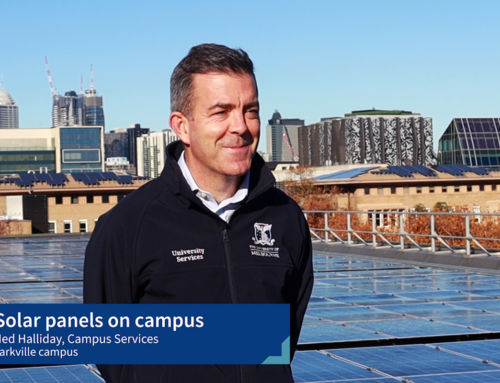He Kāika Toitu, he Kāika ora: The Sustainability Neighbourhood
The reduction of international students using University flat accommodation created an opportunity to build a new model of student accommodation that responded to both student voice and organisational objectives. Many students were clear that they wanted the opportunity to live more sustainably but were blocked due to a lack of support from landlords and their peers.
The University has a strategic goal to nurture a culture of sustainability. UniFlats and the Sustainability office collaborated to develop a group of flats with 20 bed spaces, which was then established as a “Living Lab”. In the Kāika, students are supported to live more sustainably and contribute to research and student projects that will inform the wider student community and landlords.
The dissemination of information is expected to influence both student and landlord behaviour so that sustainable living is more available to students and the environmental footprint of the University community is reduced. This is expected to have a positive environmental and educational impact, but also a model of a more resilient and supportive neighbourhood in light of the challenges faced during a pandemic.
> The initiative
Weekly enquiries from students indicated that there were many barriers to them living more sustainably. There were two reasons frequently cited. Firstly, that their flatmates were not as committed as they were. For example, they were always the person sorting the recycling or switching off the heating. Secondly, that landlords were not supportive. For example, they would not assist with or even allow composting facilities.
The University of Otago has around 700 bed spaces in flats that are usually used as international student accommodation. Due to COVID19 restricting international travel there was a prospect that many would be left empty in 2021. The sustainability office saw the opportunity in these two challenges and negotiated with UniFlats for a group of three flats totalling 20 bed spaces within 5 minutes walk of campus, to be set aside to establish a pilot of a sustainability neighbourhood.
The flats selected were extensively renovated in (circa) 2015 when they were converted from childcare facilities. This included high R rating insulation and double glazing. The original childcare centre had a large secure play area. This was a perfect location to create a shared neighbourhood space accessible from all three flats. This is where we established extensive raised veggie beds, a bike shed, a BBQ and community area, beehives, worm farms and compost bins. The Sustainability Office and the UniFlats accommodation office established shared responsibilities. Pastoral care, building maintenance, contract and finance all sit with the well-established systems in the UniFlats office. The Sustainability Office is responsible for finding the right residents for the neighbourhood, any living lab research activity (including ethics applications), supplying the resources needed for sustainable living such as veggie beds, compost bins, worm farms, power monitoring, bee hives and a range of training opportunities. This clear division of responsibilities has been critical to ensuring the student experience is that of well-coordinated support.
In September 2020 we promoted our intent to pilot the neighbourhood. Due to COVID19 restrictions we could not take students to see their potential flats and we could not send in trades staff to start the work as the flats were already occupied. This meant the students had to take a leap of faith and commit without even seeing their rooms! With their contracts, they also signed an ethics form that made it clear what elements of the Living Lab they could opt in and opt out of. Through the guidance of the ethics committee we limited the required participation as much as possible (power monitoring, waste audits, and regular images of the facilities in the gardens). The ability for a student to “just live there” without being required to have lots of involvement in the research has proved to be important as the level of involvement across the group has varied considerably. Sustainable living opportunities should not be dependent on participation in research. All applicants for the Neighbourhood had to submit a 3 minute video describing why they wanted to join the neighbourhood and what they would bring. This step was important as it also gave us a clear picture of their expectations.
We now meet for a focus group every month. This normally involves some open discussion, ideas for change, and an expert sharing some training. That training has included: sustainable living workshops, worm farming, composting, nutrition on a sustainable diet, bee keeping and predator trapping. Research so far has included a Zoology Department project on a before and after measure of “backyard biodiversity”, a student research project on a movable compost system trialled across 8 flats, and energy analytics data gathering to look as student power use.
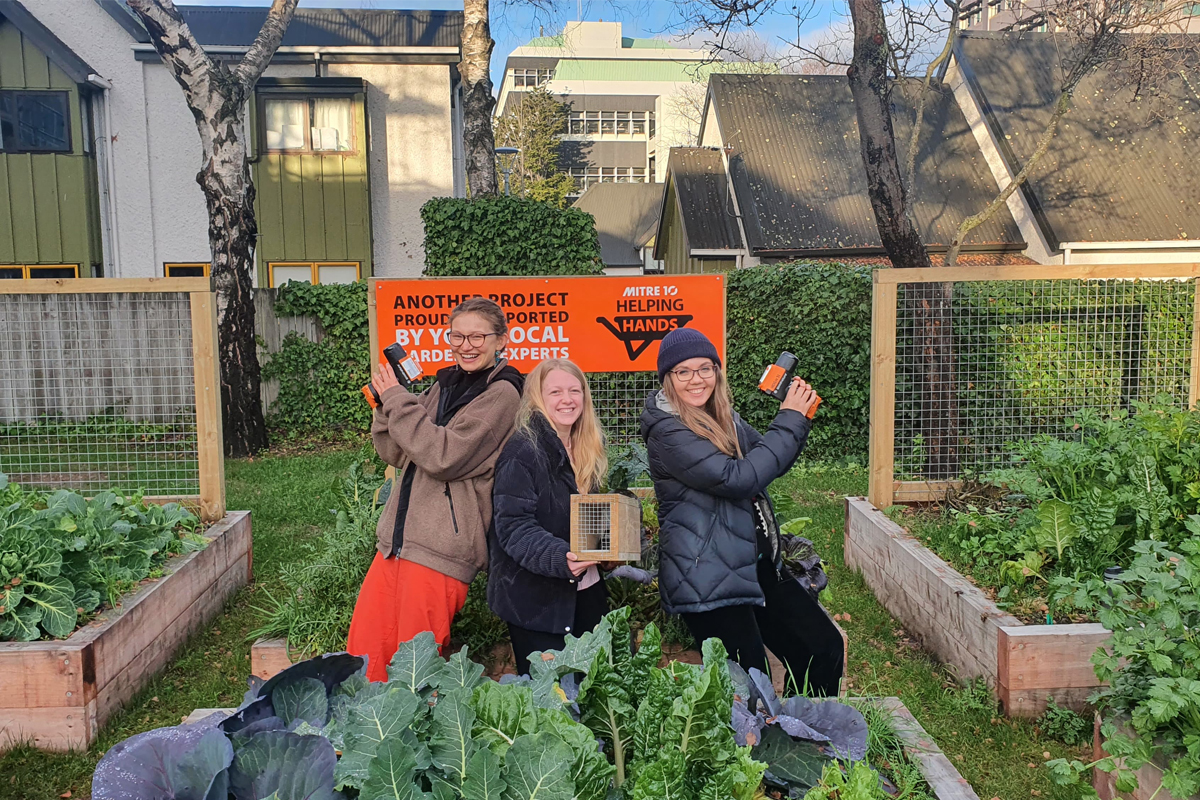
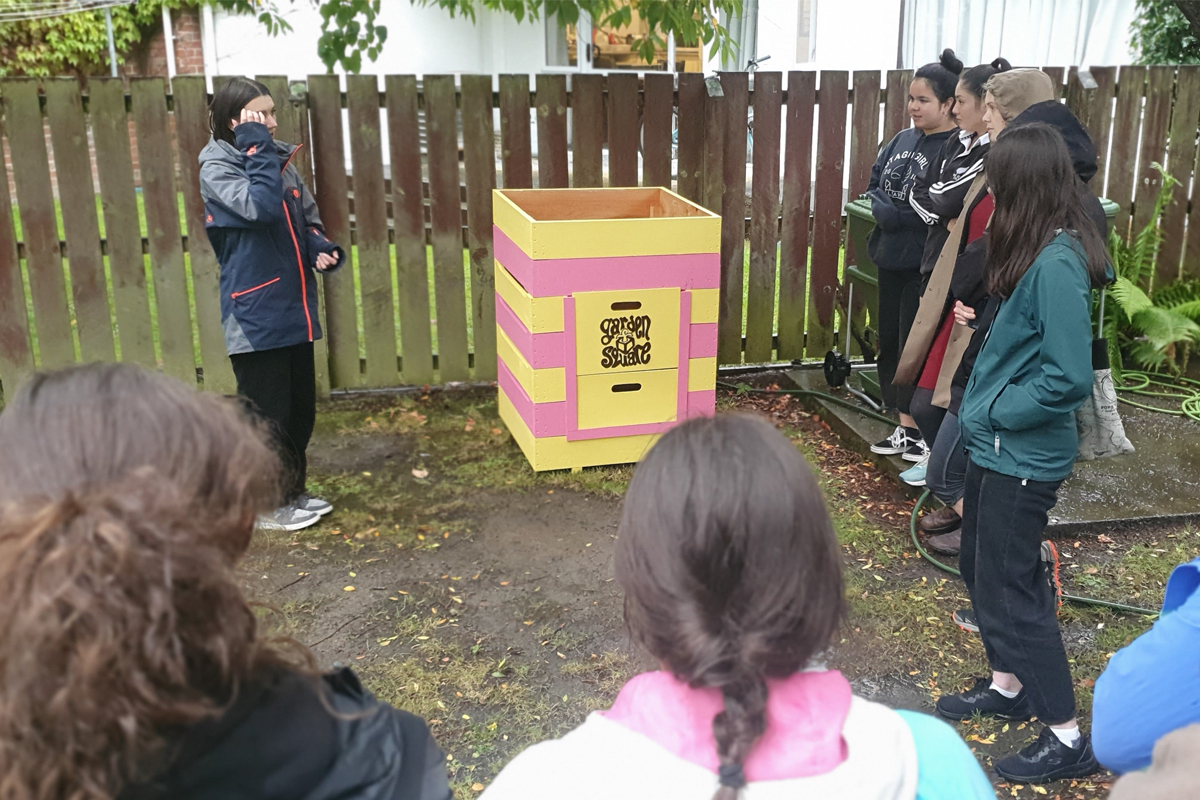
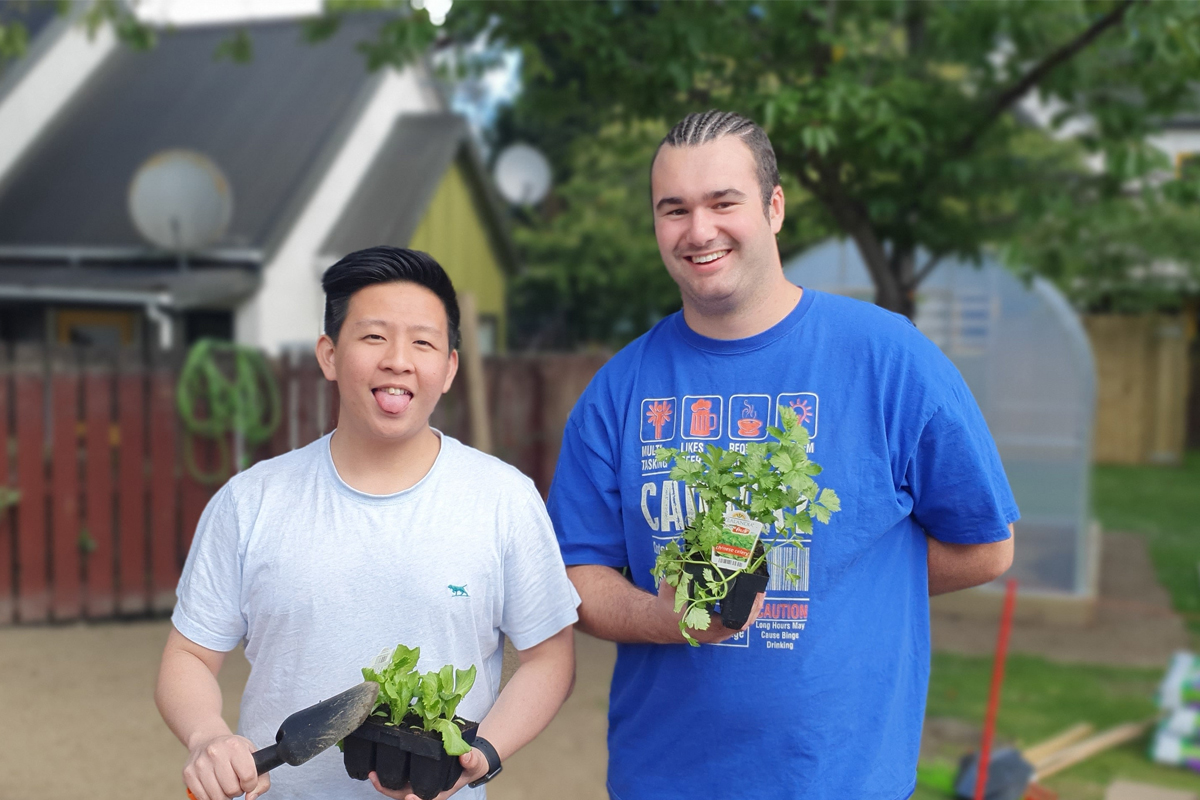
In August we will run a dissemination campaign to better tell this story and to engage other students and landlords in the “How-to” of sustainable flatting in Dunedin. In 2022 we are extending to another 2 flats with 10 extra beds and wheelchair access. We will also be building a rongoa garden (traditional Māori food/healing plants) and supplying some bikes for student transport.
This is a simple project that has real impact for the participants and to role model how landlords can lead sustainability in what they provide. The progress so far has been achieved both despite, and because of COVID19. It’s evidence that building back better does not need to be $X million “shovel ready” projects, but can be flaxroots and student led.
This article provides an update.
> Environmental and social benefits
The group of students in residence have been able to live by their values of sustainability.
The Dunedin flatting/landlord community have become aware of the project and started inquiring about how to follow suit (direct inquiry from landlords).
A reduction on emissions when compared to other flatting options through growing some of their own food locally and using worm farms and compost for food waste.
Established a clearer understanding of the living lab concept across the institution.
Supporting other institutions who have inquired about how to establish a similar project.
Establishing a resilient neighbourhood that will be better support the wellbeing of the residents in the context of pandemic recovery.
> Leadership and engagement
That is a a flaxroots solution to building back better. It can be done on a relatively small budget and be predominantly student led. As a living lab it ties student experience, learning, research, and operations together in a simple collaboration.
> Wider societal impact
Through collaboration with local groups such as the City Council and the local predator free network, the student community now has much stronger links into the local sustainability network. Through demonstrating a more sustainable model of flatting the wider flatting community in the city has a different role model.

